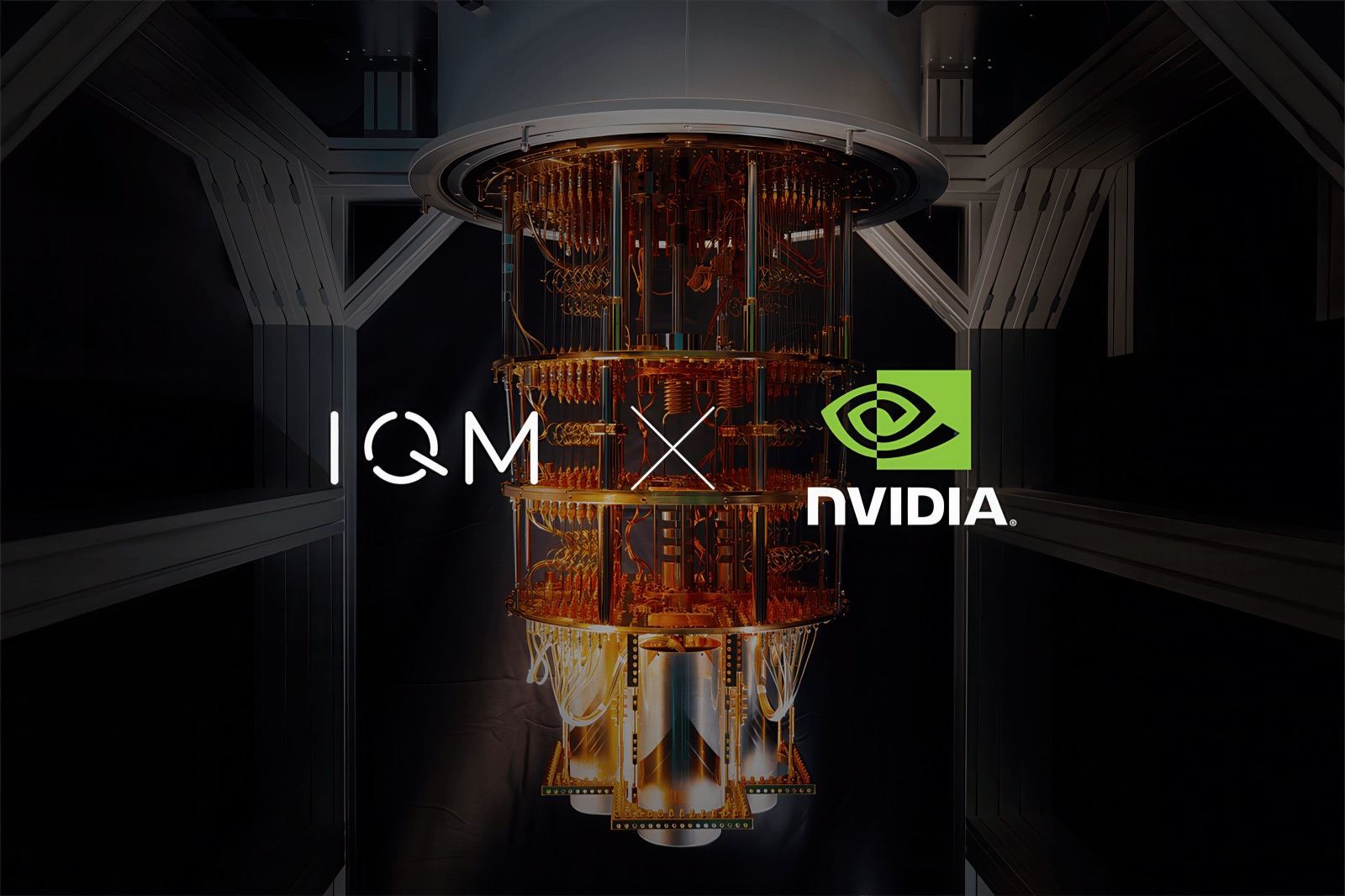Quantum computing is rapidly evolving from a niche research topic into a practical tool for solving complex computational problems that classical systems cannot efficiently handle. This transition is marked by significant developments, such as the integration of CUDA Quantum into the architecture of superconducting quantum computers like those produced by IQM Quantum Computers.
This collaboration represents a paradigm shift, closely mirroring the relationship between Central Processing Units (CPU) and Graphics Processing Units (GPU) in classical computing, and paving the way for robust, scalable quantum applications.

Quantum and classical computing: a symbiotic relationship
Much like how GPUs enhance CPU capabilities by handling graphics and parallel processing tasks, quantum processors (QPUs) are designed to tackle operations that exploit quantum mechanics principles, such as superposition and entanglement.
However, quantum processors do not function in isolation; they work in concert with classical systems that manage task preparation, execution control, and result analysis. This synergy is encapsulated in hybrid quantum-classical programs, which use classical systems to set up quantum problems and interpret the outcomes processed by quantum hardware.
The development of CUDA Quantum by NVIDIA exemplifies this hybrid approach by extending the familiar CUDA architecture to quantum computing. This not only simplifies the transition for developers familiar with CUDA’s GPU programming but also enhances the performance of quantum computations by applying a similar compilation and execution model.
CUDA Quantum allows for quantum programs to be compiled into binaries, much like traditional software, which can then be executed on compatible QPUs with no further compilation needed. This method significantly reduces the runtime overhead and streamlines the deployment across different quantum systems.
Future applications: quantum libraries and production tools
Looking ahead, the implications of CUDA Quantum for quantum computing are profound. By treating quantum routines as compilable binaries, developers can create libraries of quantum functions that can be reused and shared, akin to conventional software libraries. This not only accelerates the development process but also fosters a standardised approach to quantum programming. For industries ranging from cryptography and drug discovery to financial modelling and logistics, the ability to deploy and scale quantum solutions without reinventing the wheel each time is a game-changer.
Practical applications in IQM Quantum Computers
IQM, a leader in on-premise superconducting quantum computers, leverages CUDA Quantum to enhance the capabilities of its hardware. The integration allows for precise, efficient control and execution of quantum operations, tailored to the specific architecture of IQM’s quantum processors.
For instance, CUDA Quantum’s ability to compile to specific QPU architectures means that the same quantum program can be seamlessly executed across different setups, whether they are in academic labs or industry-scale supercomputing centres.
One of the practical applications already benefiting from this technology is IQM Resonance, a cloud-based quantum solution. IQM Resonance users can utilise CUDA Quantum to develop and run quantum programs, testing theories and applications in a real-world setting using the state-of-the-art development tool chain provided by CUDA Quantum.
Conclusion
As quantum computing continues to mature, the integration of technologies like CUDA Quantum with quantum hardware platforms such as those provided by IQM is critical. These advancements not only make quantum computing more accessible but also ensure that it can meet the demands of large-scale, practical applications.
By drawing on the parallels with established classical computing frameworks, the quantum computing industry is poised to overcome its current limitations and unlock new possibilities in various fields. The journey is just beginning, and the role of hybrid quantum-classical systems will undoubtedly be at the forefront of technological innovation in the coming years.
Watch the presentation here:
https://www.nvidia.com/en-us/on-demand/session/gtc24-s63123/

Vladimir Kukushkin is a Lead Software Engineer, working on quantum computer control software, focusing on improvements to the heterogeneous computing capabilities of IQM Quantum Computers.
Search faster—hit Enter instead of clicking.